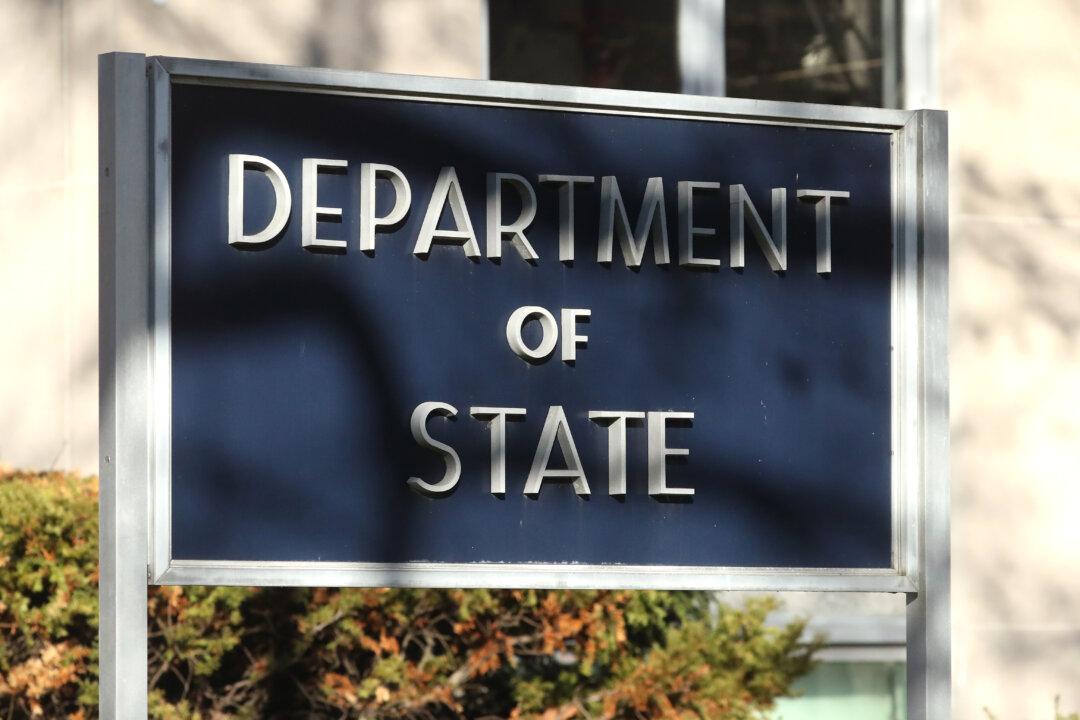The U.S. State Department is demanding answers from China on the well-being of a Chinese human rights lawyer who has been deported back to China from Laos.
Mr. Lu, 50, fled China in late July, crossing into Vietnam before arriving in Laos. On July 28, he was arrested in Laos en route to Thailand to board a flight to the United States to reunite with his wife and daughter. He was accused of entering Laos on a fake visa, an assertion dismissed by Bob Fu, founder of Texas-based rights group China Aid. Mr. Fu sent pictures of Mr. Lu’s passport to the Associated Press to back up his claims.
According to Mr. Lu’s attorney, Lithnarong Pholsena, Chinese police took Mr. Lu, along with two busloads of other Chinese citizens detained in Laos, back to China in mid-September.
Earlier this month, Mr. Lu’s wife, Zhang Chunxiao, revealed on X, formerly known as Twitter, that her husband had been taken to a detention center in Chengdu, the capital of China’s Sichuan Province. In an X post on Oct. 8, she noted that the lawyer her family had hired in China was denied access to see her husband at the detention center.
‘At Grave Risk of Torture’
Mr. Lu’s detention in Laos and his subsequent repatriation to China is another example of Beijing’s transnational repression, efforts by the Chinese Communist Party (CCP) to silence dissidents and critics of the communist regime abroad. In August, Safeguard Defenders Director Peter Dahlin told Voice of America that five similar cases were recorded in Laos.“Lu’s case has caught the world’s attention, and it helps to highlight the issue of the involuntary return of Chinese dissidents to China,” Mr. Dahlin told the outlet.
On Oct. 4, Amnesty International warned that Mr. Lu is at risk of being tortured while in Chinese detention.
“Lu’s reported reappearance in a Chinese detention centre is the latest chilling example of the Chinese government’s determination to pursue its critics even beyond China’s borders, and its ability to do so especially in countries that are receptive to Beijing’s pressure and influence.”
Ms. Brooks called on China to release Mr. Lu.
“Lu has been targeted solely for his legitimate work defending human rights and must be released,” she said. “Pending his release, the Chinese authorities should ensure he is granted unrestricted access to a lawyer of his choosing and allowed to communicate with relatives.”







